Executive Editor: Derek Barker
Editor: Maura Casey
Managing Editor: Joey Easton
Copy Editors: Joey Easton, Jared Namenson
Design and Production: Longs Graphic Design, Inc.
2017 by the Kettering Foundation
ALL RIGHTS RESERVED
Classrooms for Democracy: Experiments with Deliberation and Russian
University Students is published by Kettering Foundation Press.
The interpretations and conclusions contained in this book represent
the views of the authors. They do not necessarily reflect the views of
the Charles F. Kettering Foundation, its directors, or its officers.
For information about permission to reproduce selections from this book, write to:
Permissions
Kettering Foundation Press
200 Commons Road
Dayton, Ohio 45459
This book is printed on acid-free paper.
First edition, 2017
Manufactured in the United States of America
ISBN: 978-0-945577-19-2
Library of Congress Control Number: 2016953112
The Kettering Foundation wishes to acknowledge Maura Caseys extensive work on the manuscript. Editor under-states her role in the writing and editing process.
I met Denis Makarov more than twenty years ago when we were both young International Fellows at the Charles F. Kettering Foundation in Dayton, Ohio. We were coming from very different, but at the same time similar, countries. Denis came from Russia, a huge European country, and I came from Chile, a small Latin American country. He came from the East and spoke Russian, and I came from the West and spoke Spanish; with some difficulty at that time, we could communicate in English. We became good friends, sharing our hopes for better democracies during a time of change in our countries and around the world. Both Russia and Chile were, at that time, young democracies dealing with a history of human-rights violations under dictatorships; one country was communist and the other anticommunist, and neither had any space for deliberation.
It is an honor for me to write these words introducing Deniss work, thereby being one of its first readers. Democracy is not easy to build and live in, and Russia, as we can learn by reading the book, is experiencing difficulties on this road. Deniss work has overcome cultural and political barriers in a very problematic environment, making it even more valuable.
This book is about the effects deliberation has had on Russian university students. The obvious distinctive features of Russian society may not allow us to extrapolate the conclusions to other groups of people in different countries. In your hands, you have a scientific study on deliberation, a subject we sometimes speak about based on personal experiences and emotions rather than on this kind of in-depth analysis. Since deliberation is natural among human beings, we tend to practice it, but rarely do we pause and reflect on what we are doing, what we are learning about the process, and how we could improve it in order to build common ground and make collective decisions. It is sometimes difficult to take a scientific approach and become an observer of what we are doing, and this is precisely what Denis has done. Deliberation is not American or Russian. We can find similar experiences in different cultures, because we all share the fact that we live with others and need to make decisions with others. This exercise has never been easy, but it is more difficult in big and complex societies. Undertaking deliberation in a small community, such as a university setting, provides an opportunity to observe and learn.
Education has a civic mission. As professors, we should not only prepare professionals, but also good citizens. And the same is true at all educational levels, starting in pre-school. In Chilean society, I can observe today the effects of taking civic education out of the curriculum. At the last election, abstention was as high as 65 percent, which may be attributed to multiple factors that I wont outline now. But one of those factors is the lack of civic education. Voting is not the only way of practicing democracy, but it is, in my opinion, the first and most important. We struggled hard to obtain this right, and it is painful to observe that so many people dont see it as a civic duty. Everyone is responsible for governing on both the municipal and the national level. Denis shows how students who have participated in deliberative forums and discussed issues in class are aware of this important fact. We need, as Denis points out, to invest in these kinds of programs in order to have healthier democracies.
As the book demonstrates, lectures are not the only (or the best) way of teaching. In reading Deniss book, it is impossible not to think that the best way to learn deliberation and democracy is precisely by deliberating and making collective decisions. It is like swimming, or riding a bike: you will never learn by just studying how to do it. A democratically mindedor an authoritarian-mindedteacher can influence kids behavior while teaching mathematics or history. Denis shows us that politics can be everywhere in a university setting, even in a biology course.
Students always teach their classmates, even when they dont realize they are doing so. While deliberating, this peer-learning process is evident. It is not possible to go through a genuine deliberative experience and come out of it the same as you were when you went in. Other peoples views will necessarily change ours if we truly engage in the experience.
The book reports that students are willing to use the deliberative methodology in ecology clubs, which could be done as a class project; working with these clubs as community partners could also be a powerful service-learning experience. Universities need to go beyond the ivory tower, and deliberation is a great way of doing so.
Denis quotes students who wonder if dramatic events like the invasion of Russia by Napoleon or the Nazis or the 9-11 terrorist attacks in the United States are necessary to make people aware of the importance of politics. One student noted that we tend to live in our comfort zone. It is hard to believe, but I have also come to the conclusion that economic crises tend to make people seek political change much more than human-rights violations do. At least this is the Chilean experience; the end of the dictatorship began in the middle of an economic crisis. We cannot avoid crises, and they are indeed great opportunities to grow, both personally and socially. But we should

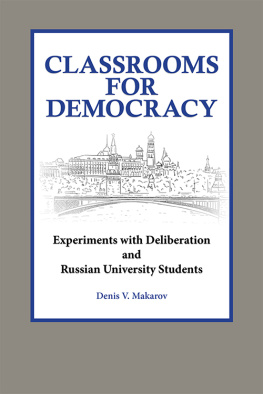

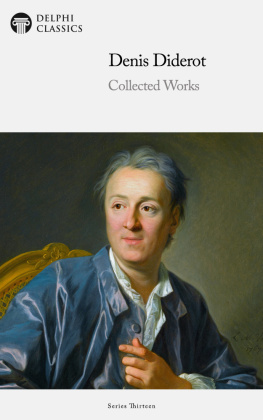
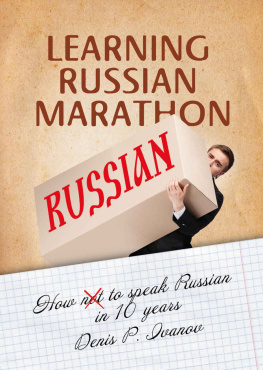
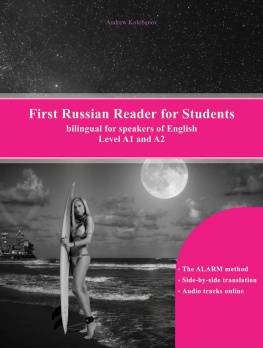
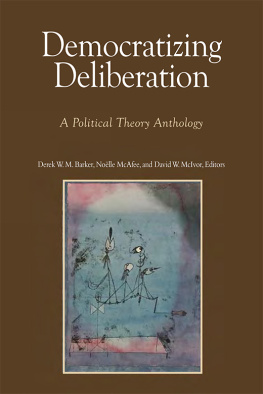
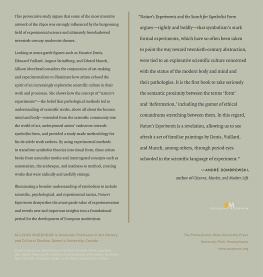
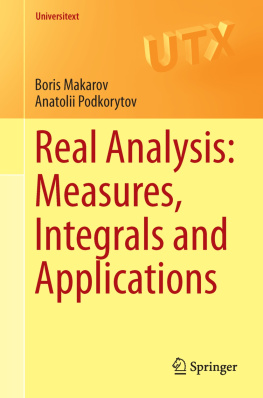
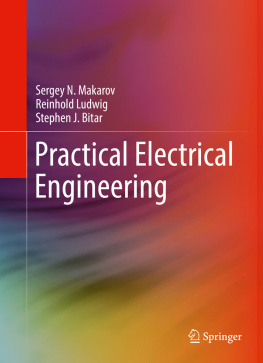


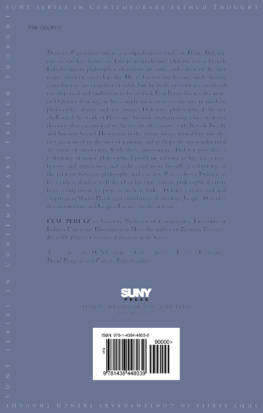
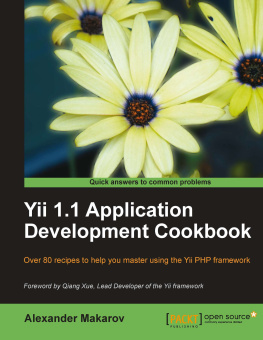


 CONTENTS
CONTENTS
